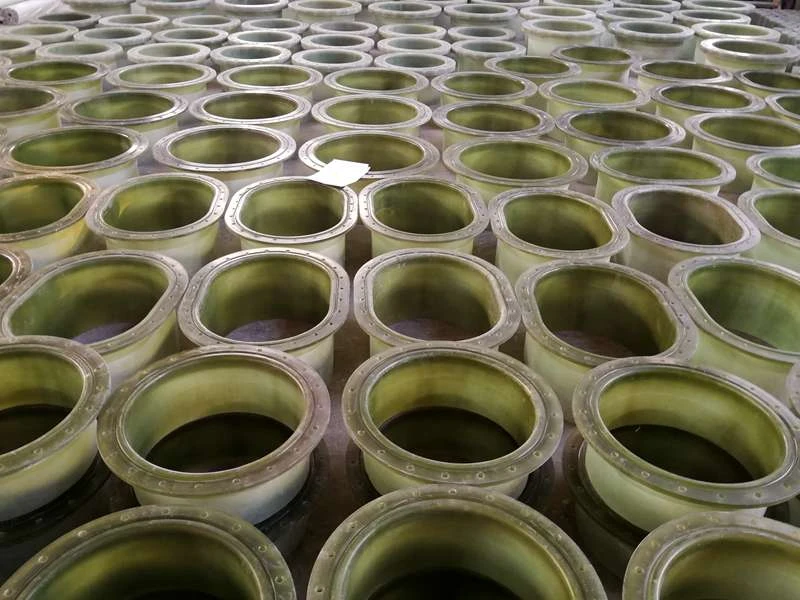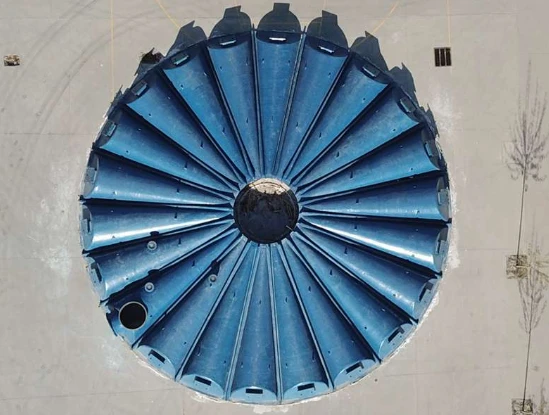
-
 Afrikaans
Afrikaans -
 Albanian
Albanian -
 Amharic
Amharic -
 Arabic
Arabic -
 Armenian
Armenian -
 Azerbaijani
Azerbaijani -
 Basque
Basque -
 Belarusian
Belarusian -
 Bengali
Bengali -
 Bosnian
Bosnian -
 Bulgarian
Bulgarian -
 Catalan
Catalan -
 Cebuano
Cebuano -
 China
China -
 China (Taiwan)
China (Taiwan) -
 Corsican
Corsican -
 Croatian
Croatian -
 Czech
Czech -
 Danish
Danish -
 Dutch
Dutch -
 English
English -
 Esperanto
Esperanto -
 Estonian
Estonian -
 Finnish
Finnish -
 French
French -
 Frisian
Frisian -
 Galician
Galician -
 Georgian
Georgian -
 German
German -
 Greek
Greek -
 Gujarati
Gujarati -
 Haitian Creole
Haitian Creole -
 hausa
hausa -
 hawaiian
hawaiian -
 Hebrew
Hebrew -
 Hindi
Hindi -
 Miao
Miao -
 Hungarian
Hungarian -
 Icelandic
Icelandic -
 igbo
igbo -
 Indonesian
Indonesian -
 irish
irish -
 Italian
Italian -
 Japanese
Japanese -
 Javanese
Javanese -
 Kannada
Kannada -
 kazakh
kazakh -
 Khmer
Khmer -
 Rwandese
Rwandese -
 Korean
Korean -
 Kurdish
Kurdish -
 Kyrgyz
Kyrgyz -
 Lao
Lao -
 Latin
Latin -
 Latvian
Latvian -
 Lithuanian
Lithuanian -
 Luxembourgish
Luxembourgish -
 Macedonian
Macedonian -
 Malgashi
Malgashi -
 Malay
Malay -
 Malayalam
Malayalam -
 Maltese
Maltese -
 Maori
Maori -
 Marathi
Marathi -
 Mongolian
Mongolian -
 Myanmar
Myanmar -
 Nepali
Nepali -
 Norwegian
Norwegian -
 Norwegian
Norwegian -
 Occitan
Occitan -
 Pashto
Pashto -
 Persian
Persian -
 Polish
Polish -
 Portuguese
Portuguese -
 Punjabi
Punjabi -
 Romanian
Romanian -
 Russian
Russian -
 Samoan
Samoan -
 Scottish Gaelic
Scottish Gaelic -
 Serbian
Serbian -
 Sesotho
Sesotho -
 Shona
Shona -
 Sindhi
Sindhi -
 Sinhala
Sinhala -
 Slovak
Slovak -
 Slovenian
Slovenian -
 Somali
Somali -
 Spanish
Spanish -
 Sundanese
Sundanese -
 Swahili
Swahili -
 Swedish
Swedish -
 Tagalog
Tagalog -
 Tajik
Tajik -
 Tamil
Tamil -
 Tatar
Tatar -
 Telugu
Telugu -
 Thai
Thai -
 Turkish
Turkish -
 Turkmen
Turkmen -
 Ukrainian
Ukrainian -
 Urdu
Urdu -
 Uighur
Uighur -
 Uzbek
Uzbek -
 Vietnamese
Vietnamese -
 Welsh
Welsh -
 Bantu
Bantu -
 Yiddish
Yiddish -
 Yoruba
Yoruba -
 Zulu
Zulu
Feb . 05, 2025 02:44
Back to list
corrosion resistant fiberglass
Corrosion resistance is an essential attribute in many industries where long-term durability and reduced maintenance are required. Fiberglass has emerged as a leading material in this regard, thanks to its superior qualities that align with the growing demand for sustainable solutions. From water treatment plants to chemical processing facilities, the demand for corrosion-resistant fiberglass is ever-increasing, offering unparalleled solutions for industrial challenges.
Authoritativeness is another cornerstone when considering materials for construction and manufacturing. Leading fiberglass manufacturers leverage decades of research and empirical data to refine their products. Independent studies and certifications from industry bodies often back the claims for fiberglass, adding layers of credibility. For businesses and engineers who require assurance beyond anecdotal evidence, these certifications provide a verified endorsement of fiberglass' performance in corrosion-prone environments. Trustworthiness is essential when businesses decide to invest in new materials, where an incorrect choice could lead to continuous operational setbacks. Fiberglass, with its proven track record, often exceeds the lifecycle of traditional alternatives like steel or aluminum when used in corrosive settings. Its inertness and ability to remain unaffected by extreme temperatures and chemicals enhance its reliability. This attribute becomes increasingly vital when structures are remote, hard to access, or critical to infrastructure, where regular maintenance is impractical or costly. Furthermore, ongoing innovation in fiberglass technology continually expands its utility and confirms its trustworthiness. Developments such as UV-resistant coatings, enhanced resins that expand the range of tolerable chemical exposures, and thermal bridges that reduce energy loss all stem from established professionals actively engaged in pushing the boundaries of fiberglass capabilities. In summary, the advantages of corrosion-resistant fiberglass are evident through its real-world applications and robust, expert-backed composition. Its ability to provide a high degree of expertise, authority, and trustworthiness makes it an indispensable material across industries seeking durable, maintenance-free solutions in corrosive environments. As more data emerges and technology advances, fiberglass is set to reinforce its position as a material that not only meets but exceeds industrial expectations.


Authoritativeness is another cornerstone when considering materials for construction and manufacturing. Leading fiberglass manufacturers leverage decades of research and empirical data to refine their products. Independent studies and certifications from industry bodies often back the claims for fiberglass, adding layers of credibility. For businesses and engineers who require assurance beyond anecdotal evidence, these certifications provide a verified endorsement of fiberglass' performance in corrosion-prone environments. Trustworthiness is essential when businesses decide to invest in new materials, where an incorrect choice could lead to continuous operational setbacks. Fiberglass, with its proven track record, often exceeds the lifecycle of traditional alternatives like steel or aluminum when used in corrosive settings. Its inertness and ability to remain unaffected by extreme temperatures and chemicals enhance its reliability. This attribute becomes increasingly vital when structures are remote, hard to access, or critical to infrastructure, where regular maintenance is impractical or costly. Furthermore, ongoing innovation in fiberglass technology continually expands its utility and confirms its trustworthiness. Developments such as UV-resistant coatings, enhanced resins that expand the range of tolerable chemical exposures, and thermal bridges that reduce energy loss all stem from established professionals actively engaged in pushing the boundaries of fiberglass capabilities. In summary, the advantages of corrosion-resistant fiberglass are evident through its real-world applications and robust, expert-backed composition. Its ability to provide a high degree of expertise, authority, and trustworthiness makes it an indispensable material across industries seeking durable, maintenance-free solutions in corrosive environments. As more data emerges and technology advances, fiberglass is set to reinforce its position as a material that not only meets but exceeds industrial expectations.
Next:
Related Products









